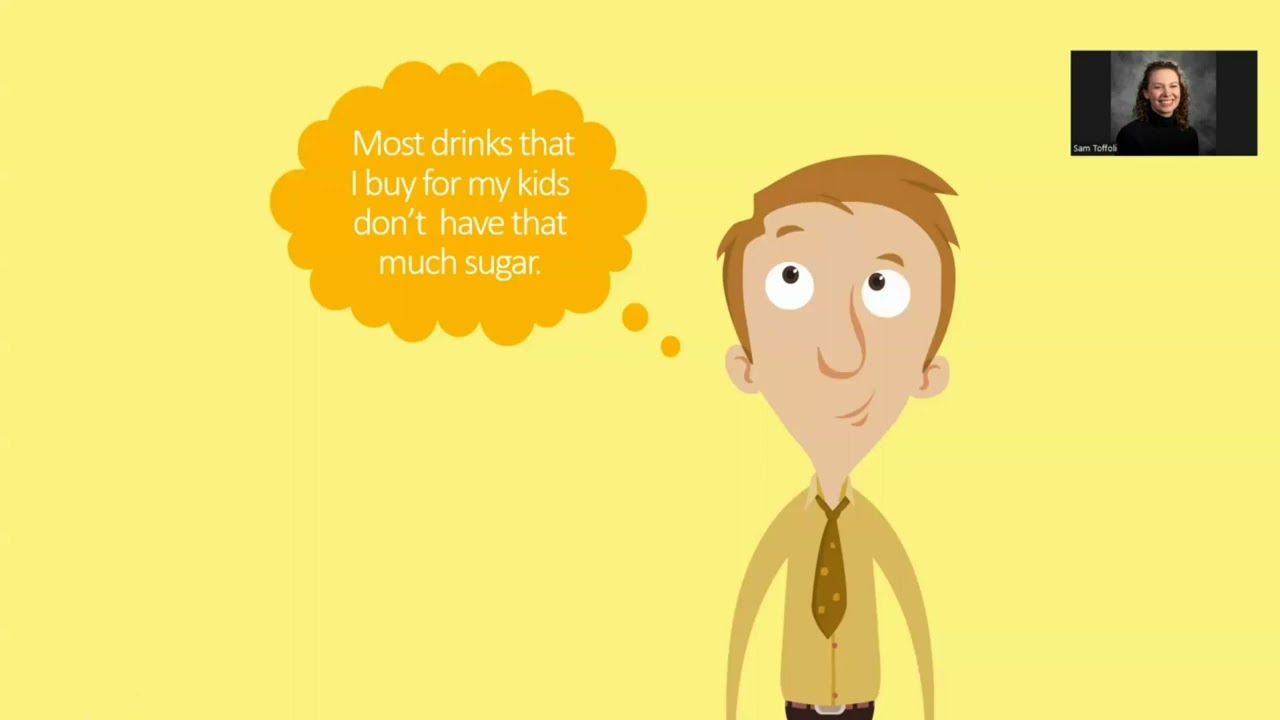Promoting Healthy Drink Choices
How do I know if my kids are hydrated?
A general guideline is that you should drink half of your body weight in ounces to stay hydrated. For example, if you weighed 132 pounds, you would need 66 ounces of water daily. The amount of water you need daily can change depending on the weather and if you exercise that day.
How do you know if your kids are drinking enough water each day?
You can check their urine color to see if they are drinking enough water! If the color is very dark, this may be a sign that they are dehydrated. A lighter pale color would typically not be a sign of dehydration.
How much sugar is in typical drinks that kids like?
Some drinks contain more sugar (sucrose) than others. Examples of high sugar drinks include soda, sweet tea, juice, sports drinks, and energy drinks. The American Heart Association recommends that kids between 2-18 years old should have no more than 6 teaspoons, or 25 grams, of sugar daily. One can of soda contains, on average, 7 teaspoons of sugar, while one 8-ounce cup of apple juice contains 6 teaspoons of sugar.
What about caffeine and artificial sugars for kids?
Caffeine should be avoided for kids under 12 years old. Drinks that typically have caffeine in them include sodas, teas, coffee, and energy drinks. For teens older than 12, the recommendation is no more than 100 mg of caffeine, which equals to 1 small cup of coffee.
Artificial sweeteners have both advantages and disadvantages when introduced into our diets. A transition to artificial sweeteners can sometimes lead to improved health by reducing intake of sugar and may be a way of gradually improving how much overall sugar someone is taking in. Keep in mind, drinking plain water is important and not of the drinks you have in one day should contain artificial sweeteners.
Tips and Tricks for Healthy Drink Options
- Add fruits or herbs to your water, such as lemon, lime, strawberries and mint or blueberries and basil.
- Find a reusable water bottle you like and carry it with you.
- Dilute juice with water
- Make a fruit smoothie at home with fresh or frozen fruits, low-fat milk or unsweetened plant-based milk, and ice.
- Make your own tea at home with home-brewed caffeine-free tea.
- Consider swapping out sugary beverages for sugar-free alternatives, such as sugar-free lemonade or sugar-free sports drinks.


